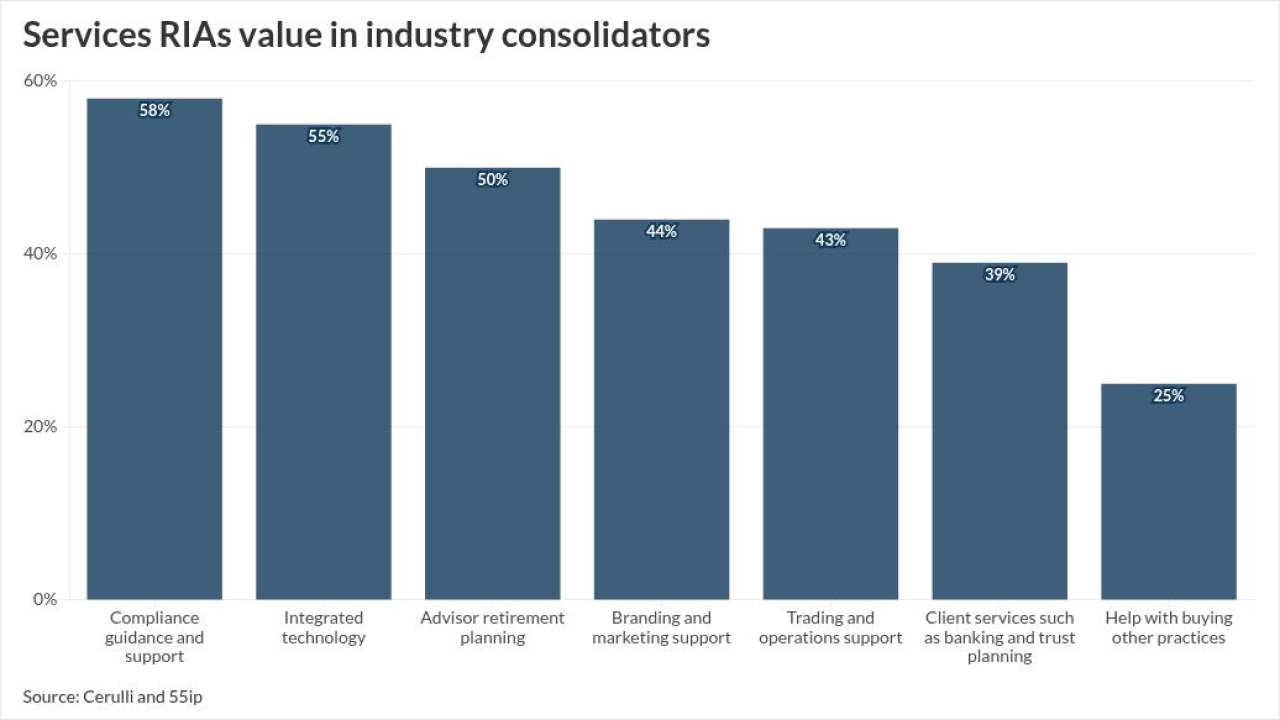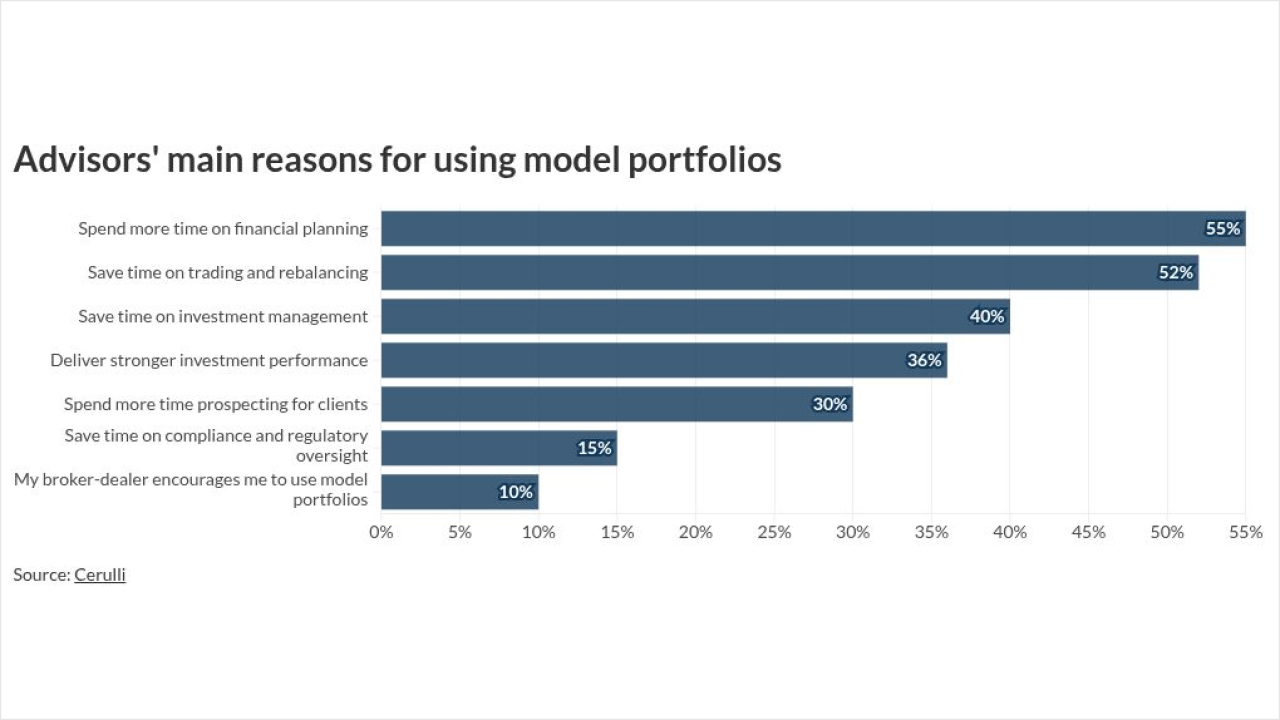As artificial intelligence grows more sophisticated, many Americans fear the technology will someday take their jobs. Financial advisors, however, may not need to worry — at least not yet.
That's the impression left by a
On the other hand, very few workers actually did so. However comfortable they felt about it, only 4% of respondents actually adopted the advice of a bot.Instead, clients clearly preferred the human touch. While 74% of workers said they were likely to accept computer-generated advice, almost all of them — 95% — said they would follow advice from a human professional.
"Schwab and many of the advisors we serve are exploring the potential benefits that generative AI can deliver and are seeing some of the benefits it can provide," a Schwab spokesperson said in an email. "We firmly believe GAI will not replace the role of humans in wealth management or the deep, personal relationships advisors can offer clients."
This preference has also shown up in other studies. Yahoo Finance and the market research company Ipsos, for example,
The bots polled a little better on the personal finance website Annuity.org, which
So should financial advisors feel threatened?
"Not yet," said Mark Wilson, a certified financial planner and the founder of
Many wealth managers feel that the "human" element of their work is not just an advantage, but central to what they do.
"AI will not replace financial advisors, because I don't think it will ever be able to fully understand human emotions, and that is absolutely mandatory for a great advisor," said Paul Monax, founder of
Read more:
Others feel not only that human advice is superior, but that AI still has some significant kinks to work out.
"I think most of the people who are worrying about ChatGPT haven't used it very much," said Landon Tan, founder of
On the other hand, the technology may have other roles to play in advisors' practices, short of outright replacing them. Some wealth managers have used AI to
"In its current form, AI is great at … helping to brainstorm written content, providing a templated starting point for common client questions, and so on," said Kevin Brady, a vice president at
Monax said lately he's been "experimenting" with using a bot to write work-related content. He still has to review the text and edit it at the end to make sure it "comes across as me," but he still finds it helpful.
"It does give me a starting point instead of a blank page," Monax said.
Read more:
Clients, however, may have less experience with the technology than their advisors — at least for now. Schwab's study found that only 18% of U.S. workers had used ChatGPT, while 52% had heard of it but never used it. Another 30% had simply never heard of it.
So if AI really is coming for wealth managers' jobs, it's off to a slow start.
"We're a long way off from technology being able to replace humans, because humans have more direct experience with human needs," Tan said. "In the real world, common sense goes a long way."






